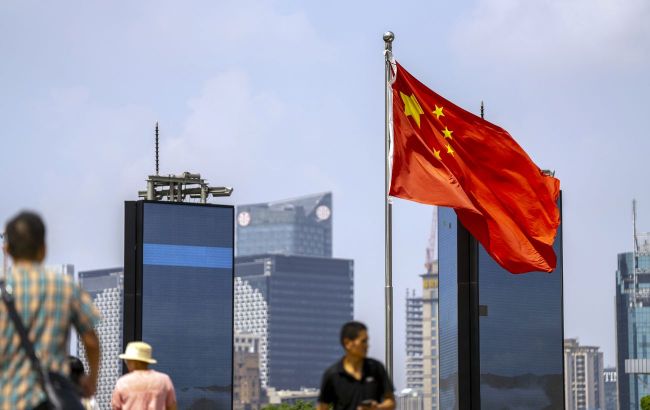Russia uses cryptocurrency and barter to trade with China
 Illustrative photo (Getty Images)
Illustrative photo (Getty Images)
Russian commodity companies trying to conduct financial transactions with their Chinese counterparts have begun using a new method for deal-making—stablecoins. Additionally, they have started trading via barter, citing Bloomberg.
According to the agency, at least two of the largest metal producers, both of which are not under sanctions, have started using the stablecoin Tether, which is pegged to the dollar at a 1:1 ratio. In some cases, settlements are made through Hong Kong.
Bloomberg notes that the fact that major Russian firms are now turning to blockchain two years after the invasion of Ukraine in February 2022 highlights the long-term impact of international sanctions in response to the war on the economy.
Sanctions are effective
Russian companies trading in commodities, from metals like nickel and steel to timber, have faced challenges in receiving payments for their goods and purchasing equipment and raw materials since the beginning of the war. This is true even if they are not subject to sanctions, although some have faced numerous fines from the US, the EU, and their allies.
According to executives, the alternative is often slower transactions or, worse, the risk of having a foreign bank account frozen. Some non-sanctioned companies have opened dozens of accounts in various countries only to have them frozen one by one, a source said.
Even in China, which has not joined the international sanctions and has become a major export market for many Russian goods as well as a supplier of goods and equipment, financial transactions have become more difficult this year. This is largely due to the threat of US Treasury secondary sanctions on creditors aiding in sanction evasion, leading to stricter compliance measures.
Using cryptocurrencies for payments is not uncommon for countries under sanctions. Transactions with cargoes from Venezuela, which has the world’s largest proven oil reserves, are increasingly conducted using Tether. Many deals, which are struck at significant discounts, are done through intermediaries based in Dubai.
Meanwhile, some commodity companies have opted for another method of settling deals that was once considered exotic. Some producers have started using so-called barter agreements, where goods are exchanged for goods delivered to Russia, completely avoiding cross-border shipments, agency sources say.
China's support for Russia's war against Ukraine
Beijing has supported Russia since the beginning of the Russian invasion of Ukraine in February 2022. With the sales of Russian oil and gas, as well as purchases of electronics, industrial equipment, and cars, Moscow's trade with China in 2023 reached a record $240 billion, more than double the figure in 2020.
In December 2023, US President Joe Biden signed an order to strengthen sanctions on financial institutions aiding Russia. This led to the cessation of some payments and delays in settlements, as being blacklisted by the US effectively means the closure of a Chinese bank.

